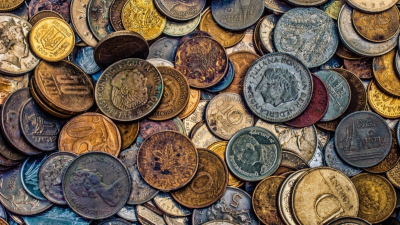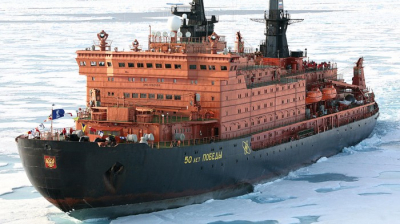I live in Europe now and work as a video editor, but I grew up in Fiji. I stumbled upon a great presentation by Charles Hoskinson – the head of Input Output Global – where he talked about how Cardano can help the developing world. I could not resist turning Mr. Hoskinson’s speech into a 2-minute inspirational clip which can be seen here (https://youtu.be/hmlGaFjlgKE). I run a Cardano stake pool called Ad Astra Stake Pool, and we will continue to make inspirational and informative content like this video – with the intent to help grow the Cardano community. Delegators to our pool not only get the service of a reliable and secure stake pool (with low fees) – but they also help support us make future videos like this.
Growing up in Fiji, I thought it was normal for banks to charge you for withdrawing money. They would charge 40 cents if you withdrew from their ATMs, and $2 if you withdrew from over the counter. I thought it was normal for banks to apply strict rules on how much you can withdraw at one time; that you needed to ask the bank for permission to withdraw larger sums of your own money. While my conversations with the bank were always civil, the underlying sentiment was that the money in my account wasn’t my money anymore. It was now the bank’s money, and my request to access it was an inconvenience to them. One that they were all too happy to charge me for. There was also the monthly service fees that would slowly eat away at your funds. If you left money in a bank account for several years, you may return to find that the funds have been usurped by these fees. So much for banks being a safe haven for you to store your money with.
All across the Pacific, it is normal for relatives living and working abroad to send money home to help their family. And we accepted that financial service middlemen would take a large cut of that money. Once you factor in the fees and the unfavourable currency conversion rate, you end up paying 15% to these middlemen. That was accepted as the way things were. Moreover, bank loans would have lots of hidden costs attached to them, so that by the end of it, it was common to pay back over 50% in interest. And if you took out a loan and became unable to pay it due to sickness or death, the responsibility to repay the loan would be assigned to your children. This is the reality for many developing nations.
The absurdity of banks only becomes clear when you consider the potential of blockchain technology. Imagine sending money to anywhere in the world as quickly as sending an email, and it only costing a fraction of a cent for doing so. Imagine safely storing your money in an online wallet, keeping it there for decades without worrying about monthly service fees eating away at it. Imagine becoming your own bank with no need to request permission from anyone to access your own funds, and no high withdrawal fees. Imagine a scalable, robust, smart contracts platform allowing you access to financial services at the lowest possible price. Imagine staking your digital assets, and passively earning 5% annually. All of these things are possible now due to the work of those in the blockchain and cryptocurrency space, and over time, blockchain technology will only become more accessible to people everywhere, including those in the developing world.
 The advantages of using ADA coins as a scarce resource
The advantages of using ADA coins as a scarce resource It is not possible to hack Cardano
It is not possible to hack Cardano What factors will affect the price of ADA
What factors will affect the price of ADA ADA can be an environment-friendly scarce resource
ADA can be an environment-friendly scarce resource